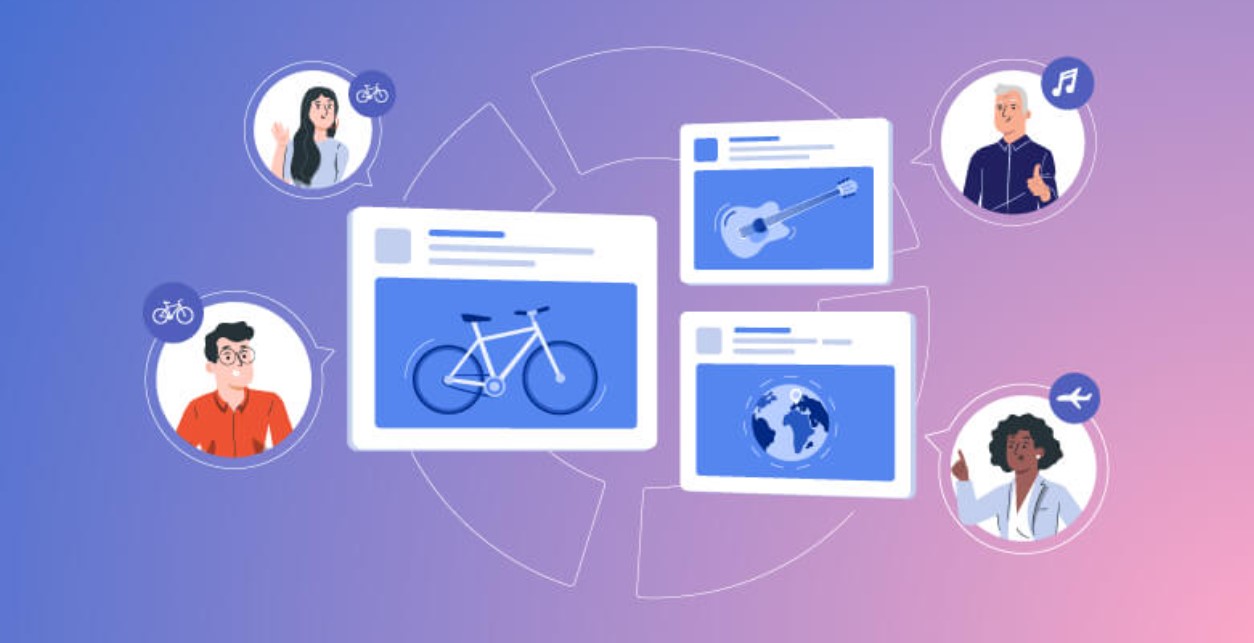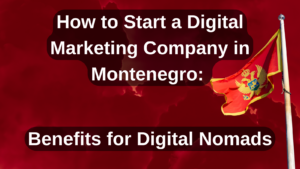
source: aicontentfy.com
A strategic approach tailored to the digital era is essential for businesses aiming to scale from the dynamic startup phase to the expansive corporate stage. This journey requires not only an understanding of the digital domain’s vast possibilities but also a keen insight into the distinct challenges and opportunities presented at each level of business growth. This guide offers an in-depth exploration of developing and adjusting digital strategies to ensure success across all stages of business development, emphasizing the importance of adaptability and strategic planning in a world where online presence is pivotal.
Digital Strategy Fundamentals for Startups
For startups, the digital realm is both a battleground and a playground. The agility and capacity for innovation that startups possess allow them to leverage the digital landscape’s full potential. Key to this is the creation of a digital strategy that not only ensures a strong online presence but also sets the stage for future growth and scalability. Startups must focus on establishing a solid digital base, which involves more than just an attractive website. It means engaging actively with target audiences through carefully chosen social media platforms, using SEO and content marketing not just to drive traffic but to carve a distinct niche in the market.
Investing in a robust website acts as the cornerstone of this digital foundation, serving as the primary touchpoint for potential customers. However, the digital strategy extends beyond the website to include a comprehensive approach to online marketing. Startups must identify and focus on digital channels that promise the best ROI, closely aligning with their target audience’s online behaviors and preferences. SEO and PPC advertising emerge as critical tools in this context, helping startups to enhance their online visibility without necessitating large marketing budgets. Moreover, content marketing stands out as a powerful method to establish startups as thought leaders within their respective industries, building a foundation of trust and loyalty that translates into long-term customer relationships.
Digital Strategies – Expansion for Small to Medium Enterprises (SMEs)
Transitioning from a startup to a small or medium-sized enterprise (SME) marks a pivotal phase in a business’s growth trajectory, necessitating a more sophisticated digital strategy. This period of expansion demands not just a broadening of digital footprints but a strategic deepening of online engagements. For SMEs, refining the digital presence means undertaking a comprehensive review of the website’s user experience (UX) to ensure it not only captivates but also retains visitor interest with intuitive navigation and compelling content. Enhancements should focus on making the website more responsive, accessible, and informative, thereby fostering a positive user experience that translates into higher conversion rates.
Content marketing for SMEs requires a shift towards more specialized subjects, aiming to capture niche segments of the market. This involves creating content that addresses specific problems or interests of target audiences, thereby positioning the SME as a leader in its field. Such targeted content not only attracts a more engaged audience but also boosts SEO efforts by aligning with long-tail keywords that have less competition but high conversion potential.
Diversification of digital marketing channels is another critical area for SMEs. This includes broadening the scope beyond basic PPC campaigns to embrace more sophisticated digital advertising strategies and platforms. Email marketing, when used effectively, can be a powerful tool for personalizing communication and building loyalty among existing customers. Advanced PPC campaigns, leveraging the capabilities of AI and machine learning for better targeting and optimization, can significantly improve the efficiency of ad spend. Social media advertising should become more focused, using demographic and psychographic data to target ads more precisely and efficiently.
The wealth of detailed customer data available to SMEs is a goldmine for personalizing marketing efforts and enhancing customer engagement. Leveraging this data allows SMEs to tailor their messaging and offers to match the preferences and behaviors of their audience closely. Automation tools play a crucial role in this stage, enabling SMEs to manage customer relationships more effectively, streamline marketing campaigns, and extract valuable insights from data analytics without overwhelming their resources.
Exploring international markets represents a significant opportunity for SMEs ready to take their business global. Digital platforms offer a low-risk entry point for testing products and services in new territories. By utilizing digital marketing and localization strategies, SMEs can gauge interest, understand market nuances, and adapt their offerings without the substantial upfront investment traditionally associated with international expansion.
Digital Maturity in Large Corporates
Attaining digital maturity for large corporates involves a comprehensive integration of digital initiatives across the entire organizational ecosystem. This stage transcends mere adoption; it requires a holistic transformation that embeds digital thinking into the fabric of the corporation’s operations, culture, and strategic outlook. For corporates, the digital strategy becomes a crucial driver for not only enhancing external market positioning but also optimizing internal processes and fostering innovation.
Integrating digital technologies across business functions is no small feat for large corporates. It demands meticulous planning and execution, starting with the adoption of advanced Customer Relationship Management (CRM) systems that not only track customer interactions but also provide actionable insights to tailor marketing efforts and improve customer service. Artificial Intelligence (AI) and Machine Learning (ML) technologies are increasingly becoming indispensable, offering unprecedented capabilities in analyzing customer behavior, predicting trends, and personalizing customer experiences at scale. Moreover, the implementation of Enterprise Resource Planning (ERP) systems is crucial for streamlining operations, facilitating better data flow between departments, and improving decision-making processes with real-time data.
Cybersecurity emerges as a critical pillar in the digital strategy of large corporates. As businesses expand their digital footprint, the complexity and volume of cyber threats grow. Corporates must prioritize the safeguarding of their digital assets, implementing state-of-the-art security measures to protect sensitive data and maintain customer trust. This involves not only employing advanced cybersecurity technologies but also fostering a culture of security awareness among employees.
Cultivating a culture of innovation is paramount for corporates aiming to stay ahead in the digital race. It involves creating an environment that encourages experimentation, embraces failure as a learning opportunity, and rewards innovative thinking. Digital tools and platforms should be made readily available to employees, enabling them to streamline workflows, enhance productivity, and contribute to the company’s innovative efforts. Continuous learning and development programs are essential, ensuring that the workforce remains adept at leveraging the latest digital technologies and methodologies. These programs should not only focus on technical skills but also on cultivating a digital mindset that permeates all levels of the organization.
Expired Domains and Backlinks – SEO Boosting Techniques
A strategic advantage that spans across business sizes is the utilization of expired domains and high-quality backlinks to bolster SEO efforts. Platforms like the Ad.Page marketplace for expired domains offer businesses the opportunity to acquire domains with existing SEO value. This can be particularly beneficial for startups and SMEs looking to establish their digital presence quickly or for corporates aiming to expand into new niches with a head start in search engine rankings.
Similarly, the Backlink Gateway service provides a streamlined approach to acquiring high-quality backlinks, a crucial factor in SEO performance. Tailored packages like SERP Boost and Enhanced Boost can significantly elevate a website’s authority and visibility, offering a competitive edge in organic search results.
Conclusion
Tailoring your digital strategy to fit your business scale is crucial for sustained growth and competitiveness. Startups must focus on building a flexible and scalable digital foundation, SMEs on optimizing and personalizing their digital efforts, and corporates on integrating digital technologies across their operations. Across all stages, leveraging SEO tools like expired domains and high-quality backlinks can provide a significant advantage, helping businesses enhance their online visibility and authority.




